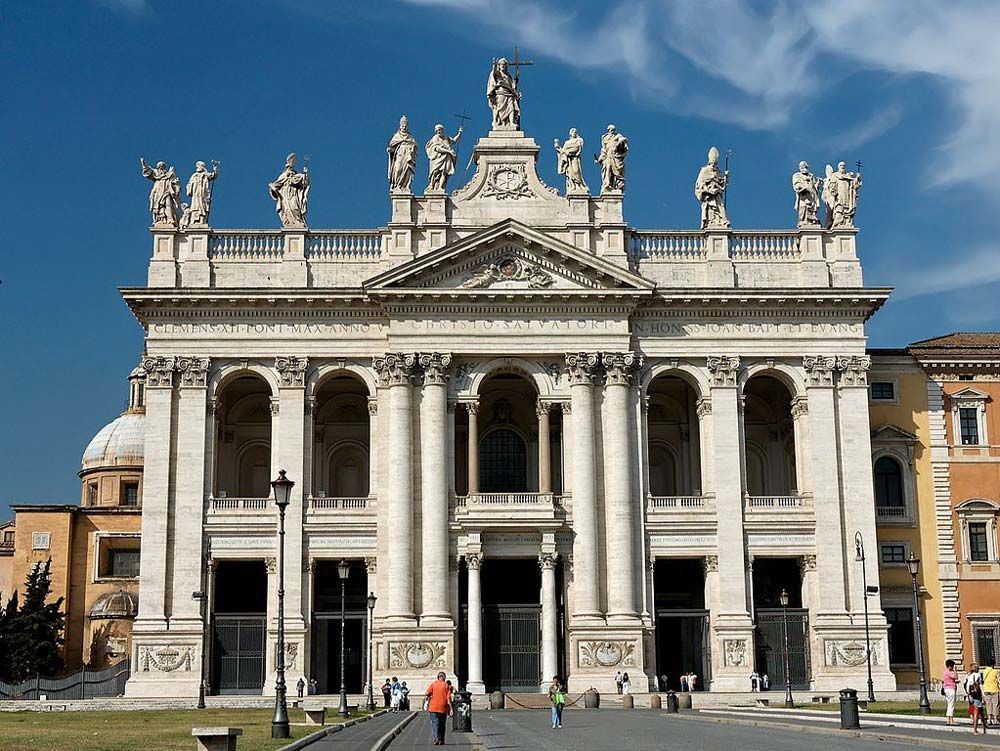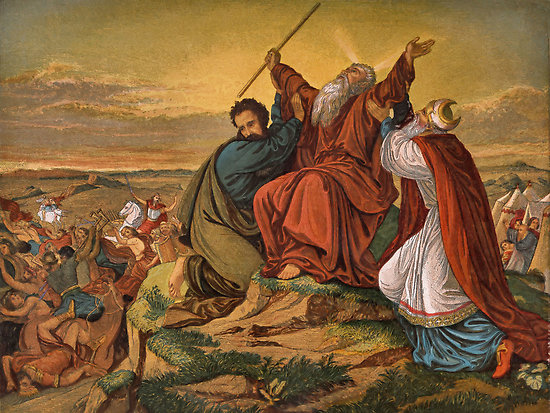Ash Wed February 14, 2024
Ash Wed
February 14, 2024
Today we begin the season of Lent. For the next 40 days we will prepare for Easter with Prayer, Fasting and Almsgiving. This year Ash Wednesday falls on Valentines Day.
For me Valentine’s Day is about “conversation Hearts” The hard candies have saying about love and loving. Often, we associate the love we share with one special person, as we begin Lent these “conversation Heart” messages can be used to remind us to love our brothers and sisters as created in the image and likeness of God.
Let us look at some of the phrases found on these candies.
• Cutie: When we see others through the eyes of God we see their Beauty.
• Sexy: Sexy is not simply about the physical act of love. We can see the other as sexy when we choose to love them.
• Be Mine: This is what our God says to us each day. How well have you listened for God’s voice?
• Angel: Those who give with generosity are often called angels. How have you been an angel in the past? How can you be and angel in the future?
• Beautiful: How do we look at others? Do we see their innate beauty?
• XOXO: Hugs and Kisses, have you hugged or kissed anyone lately?
• Text Me: Have you been out of touch with someone you need to reach out to this Lent?
Valentine’s day and Lent are about improving our relationships. In this 40 day retreat the church suggests three practices to improve our relationship with our God and others, Prayer, Fasting and Almsgiving.
There are many prayer opportunities in this season. Check the weekly parish bulletin for more details. The Rice Bowl is a good tool for fasting and almsgiving. The money you save from the fasting you perform maybe placed in the Rice Bowl to be used by Catholic Relief Services to feed the needy in our world.
This season begins and ends with a celebration of Love. Today we honor the saint of love and at Easter we celebrate athe love of a God who suffered, died and rose for us.
May the risen Christ be with you as you journey though Lent to Easter.

St. John Lateran is the cathedral of Rome. The church was built on land belonging to the Lateran family, thus the name St. John Lateran. Connected to the church is the baptistry, a large building used for baptisms. This is the oldest baptistry in Rome. The building dates to the days of Emperor Constantine and includes image of the battle of Milvin Bridge (312) when Constantine had a vision of the cross and later declared Christianity the official religion of the empire. In our first reading on this feast, we hear of the water flowing in the temple. Water is used in the sacrament of baptism. The baptistry at John Lateran is the oldest of its kind and speaks to us of the sacrament. Water speaks of the two elements of the sacrament of baptism, death and life. Those who are baptized die to their old way of life and participate in the resurrection of our Lord as they experience new life in this sacrament. In the waters of baptism, we are cleansed from the stain of original sin, and we are initiated into the body of Christ. The initiation into the body of Christ is the reason we baptize at the weekend liturgy. The person is being brought in as a member of the body of Christ, and the body of Christ gathers on the weekends at Mass. In the early church there were adults who were baptized. They would spend a period journeying with a sponsor and learning about the faith and at the Easter Vigil the bishop would come (in the early days there were no priests, just bishops), the community would gather, and the bishop would perform the rites of initiation, baptism, confirmation, and Eucharist. The OCIA (Order of Christian Initiation of Adults) recaptures this practice of the early church. Over the years it has become common to baptize infants. Canon Law, the law of the church, considers a child of 6 years to be an adult and thus is invited to enter the Order of Christian Initiation of Adults. Baptism is the first and most important sacrament. Each time we enter a church we bless ourselves with holy water to recall our baptism. In so many of our sacraments the church takes simple things and uses them to speak about aspects of our faith. Water has become a sign of the death of Christ and a sign of his resurrection. We use oil, a simple element, for anointing and healing in the sacrament of Baptism. The lit candle speaks of the light of Christ brought to the person in the sacrament and finally the cross is made on the mouth and ears of the person for hearing and speaking the word of God. Other sacraments use simple things to speak about a greater reality. We use bread and wine in the Mass; a simple gold ring is exchanged to speak about the love of God that unites a man and wife. Today we celebrate the dedication of an important space in our world church. The Church of St. John Lateran and its baptistry have allowed many to touch into the love our God for many years. We are thankful for this holy place.

Language scholars who have studied the origins of the word mammon in Hebrew and Aramaic have found clear association with words meaning wealth, riches, money, profit and possessions. But there is also evidence that one of the root words for mammon also means “that in which one trusts.” On all of our US currency — each coin and paper bill — is a simple (and, I suspect, often overlooked) phrase: “In God we trust.” This phrase was added during the Cold War to distinguish our currency, and nation, from that of the atheist Soviet Union. On each of our denominations of currency, both coins and paper bills, we have this simple reminder in whom we should be placing our trust in — God — and not what we should be placing it in: the fruit of our human activity, especially money. It is a poignant reminder to us today in light of the Gospel passage we hear and our current experience. This reminder begs us to ask two questions of ourselves and collectively as a country and society: Do we trust in God first? Always, everywhere, in everything? Or do we place our trust first in small-“g” god, or gods of human origin? In answering those questions, we might ask ourselves, what do our actions say about whether we place our trust first in God, or in humans? Where are we spending our time and treasure? This past month has brought us yet more tragic and traumatic reminders of our society’s misplaced trust. The recent spate of wounding and taking of innocent lives through gun violence in service of an ideology of retribution is just the most recent in a continuing human saga of such behavior, behavior that places trust in leading with human action to resolve differences, over our openness and trust in allowing God to lead us to a conversion of heart and to reconciliation. There is more that could be said about the responsible use of wealth in service to God. About detachment from ‘goods’ of this world — goods that God gives us out of love to draw us closer and more deeply into love with God, that we might revere God and God’s creation, but not take those goods in place of God. But in light of our continuing tragedies and the lack of reverence for human life, created by God in the image and likeness of God, of which they are clear evidence, the most important response we can offer is what St. Paul exhorts us to in his letter to Timothy, when he writes: First of all, I ask that supplications, prayers, petitions, and thanksgivings be offered for everyone, for kings and for all in authority, that we may lead a quiet and tranquil life in all devotion and dignity. This is good and pleasing to God our savior, who wills everyone to be saved and to come to knowledge of the truth. And so we will pray to God, as St Paul asks. Pray collectively for those who have suffered violence in all forms against humanity. We will pray collectively for those wounded, those who have lost their lives and their families. And then perhaps most difficult of all, we will pray for those who perpetrated this violence, and all who are tempted to perpetrate violence against humanity. We should be challenged in our prayers to pray for people we don’t want to pray for. We may find the heart that is converted is our own. In all these prayers we place our trust first and foremost in God, who desires to save us, and who “proves his love for us in that while we were yet sinners Christ died for us” (Rom 5:8). In this is our act of Faith. In this is our act of Hope.




